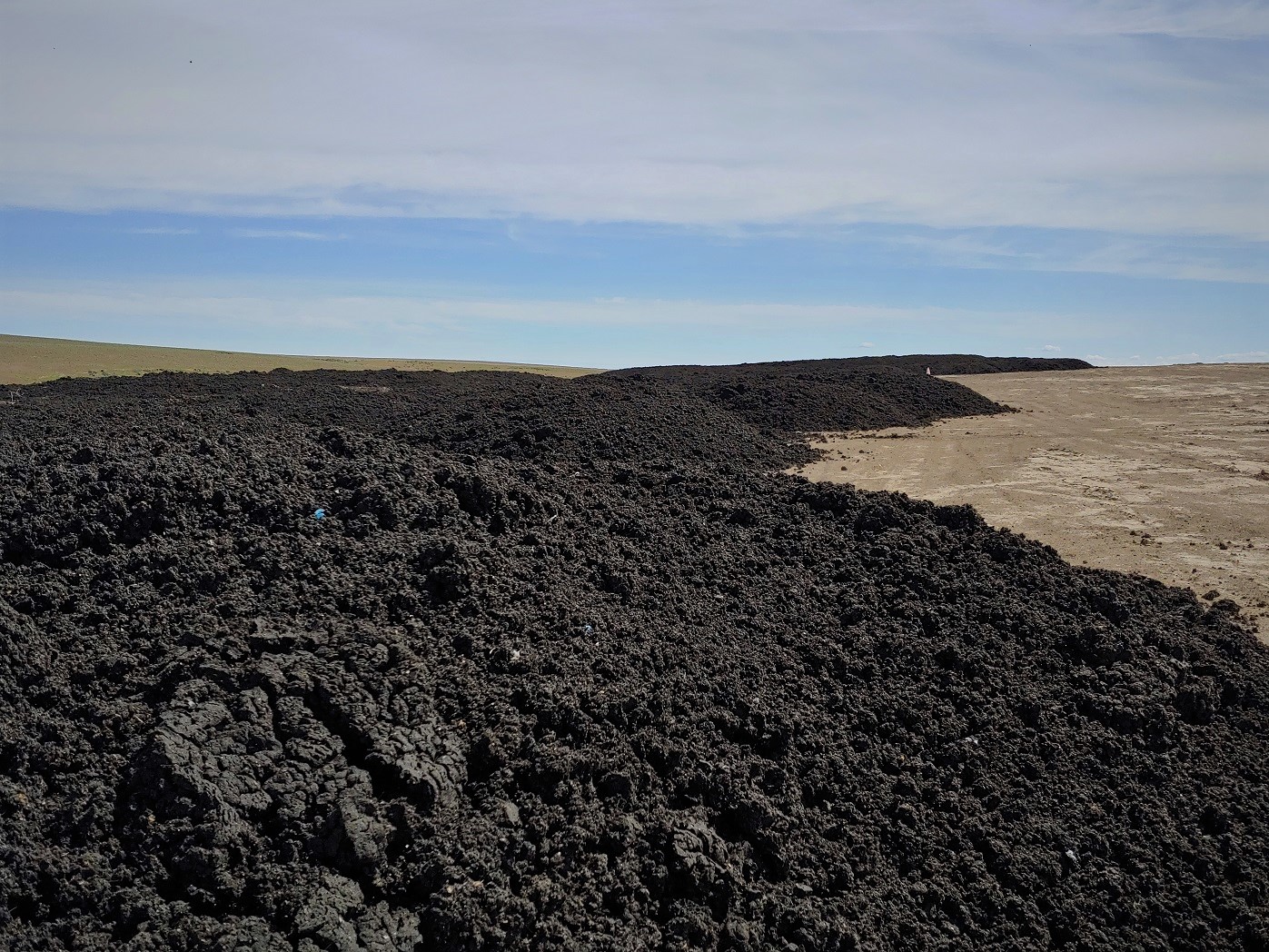
The main objective of the IMPASSE (Impacts of MicroPlastics in Agrosystems and Stream Environments) project is to assess the risk of environmental contamination with MPs in agroecosystems and nearby aquatic ecosystems, and to provide solutions capable of promoting agricultural sustainability and economic development, protecting the environment and human health.
The IMPASSE project is formed by a consortium coordinated by the Norwegian Institute for Water Research (NIVA) in collaboration with the Swedish University of Agriculture, the Vrije University of Amsterdam, the University of Trent (Canada), and IMDEA Water. It is funded by the Ministry of Economy, Industry and Competitiveness (refence PCIN-2017-016/AEI) and framed within the Joint Programming Initiatives of the European Research Area JPI – Water.
From the project description:
"Microplastics (MPs) are generally defined as plastic particles which are less than 5 mm in size. The problem of MPs pollution in the oceans is widely known, but the problem is not limited to the marine environment, it also affects other ecosystems. There is evidence showing that each year, in North America, farmed soils are exposed to up to 300,000 tonnes of MPs. [...] This is especially alarming given that plastic polymers can contain toxic compounds and endocrine disrupting substances. Effectively, sewage sludge application may be causing persistent, pernicious and almost totally ignored contamination of agricultural land. [...]The situation is expected to be similar all over the world, at least in developed countries. A primary source of MPs to agrosystems is thought to be biosolids, grey waters and sludge, which are used as fertilizers. Plastic polymers can attach toxic compounds and endocrine-disrupting substances, so it is important to know the persistence and environmental fate of these MPs, as well as their impact on neighbouring terrestrial and aquatic ecosystems, and on human health."
For further information visit the IMPASSE Project Interactive Website.



